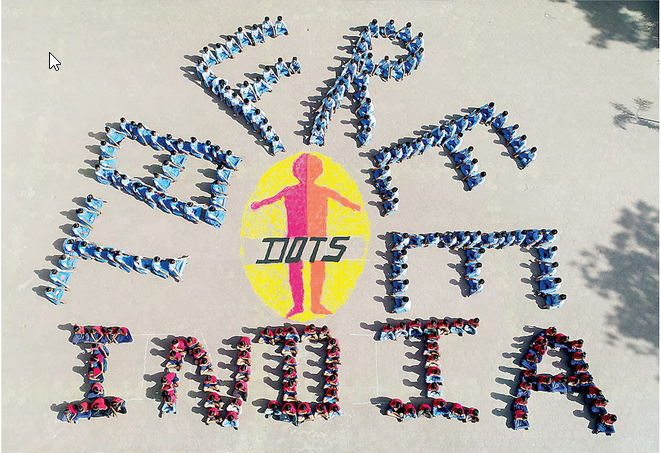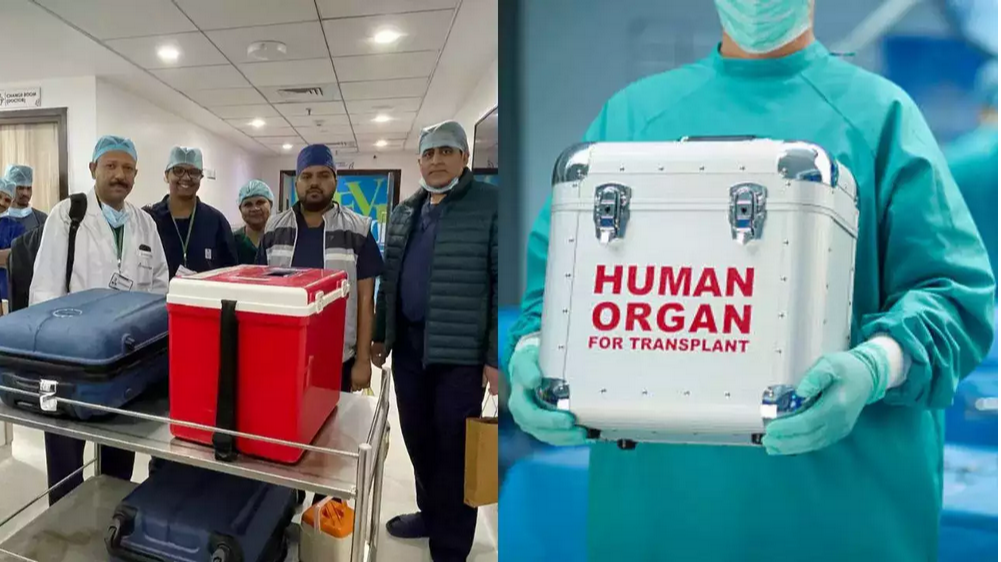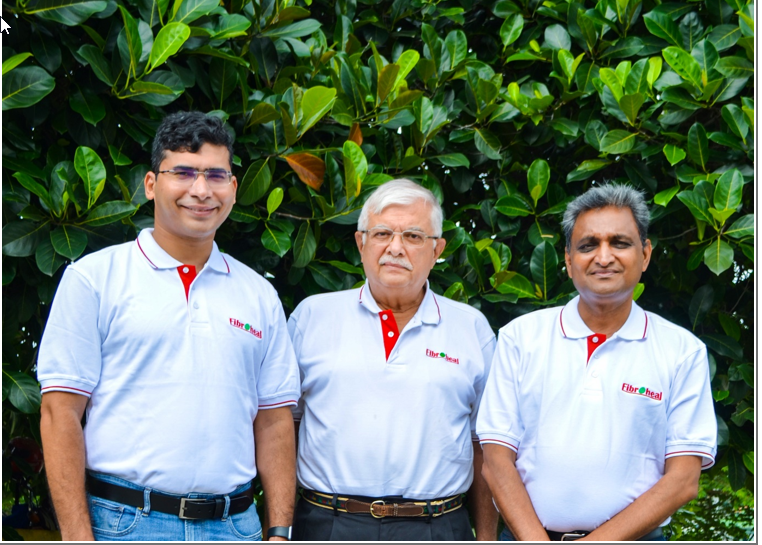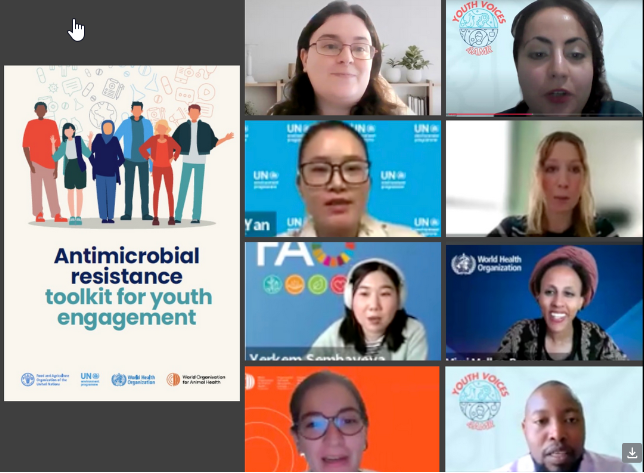The global healthcare IT space is brimming with new advancements as health information technology has revolutionized patient care and healthcare services across the world. Healthcare information technology provides secure sharing of patient information for healthcare providers to better manage patient care. During Covid times the use of healthcare IT was felt much more valuable than ever before. Medicircle is presenting healthcare CIOs and IT Manager series with the eminent IT personnel of healthcare wherein we are discussing the challenges and opportunities that the people associated with healthcare information technology face in the pre-and post-Covid era.
Abdullah Salim is the Group CIO, Omni Hospitals. He is a top management professional with 25 years of rich & vast experience in Healthcare IT Solutions with excellent management, planning, and technical skills, and wise comprehension of business and technical issues in the healthcare domain.
OMNI Hospitals is a comprehensive & cost-effective chain of hospitals that provides super-specialty services with warmth and care. OMNI Hospitals is owned by the healthcare division of INCOR Group. The hospital has been successful in creating a unique identity of its own as a professional medical care provider with a strong adherence to ethics and a clear focus on bettering the health and lifestyle of the community that it operates in.
IT Budget and Adoption of Technology by Health Care Providers have Drastically Improved
Abdullah Salim points out, “Before the pandemic, adoption of the technology by the healthcare providers (HCPs) was a challenge. But the pandemic has changed all that. Now technology has started being demanded by the doctors as well as the patients leading to drastic improvements in the area of IT adoption and budgets for IT compared to the past years. It will be continuously improving down the line. Virtual consultation with the patient is a great example. Several hospitals have enforced first consultation in-person and second consultation onwards in-person consultation only if necessary. Social distancing is the new normal and that's where the technology is going to help.”
Products for the Health Care Domain should be Cost-Effective
Abdullah Salim has a word of suggestion for organizations who are making the products for the healthcare domain. He says “products should be very cost-effective because only then such organizations would be able get large markets and higher volumes of sales. “Mantra for healthcare product-based organizations is nothing but cost-effectiveness,” says Abdullah.
Quality Healthcare Impossible Without Technology
Abdullah Saleem points out, “The healthcare providers, doctors, clinicians, nurses, and paramedical staff need to back the idea that quality healthcare cannot be enabled without adopting the technology. Technology adds value to their services. New technologies are being developed for their efficiency.AI-based technology has been introduced, and predictive analytics has been put in place. This solution is going to work as a decision-maker between the patient and the doctor,” says Abdullah.
Features of Good Healthcare IT Solutions
Abdullah Saleem points out that a good technology-based solution for healthcare should have the following features:
“Cost-effectiveness Faster than paper Minimal requirement of training to the healthcare providers Response based solution”
All these are possible nowadays and if on these lines a healthcare IT product has been made, it will be welcomed by the healthcare fraternity wholeheartedly,” says Abdullah.
Telemedicine Technology was there for Two Decades but got Popularity Now
Abdullah Saleem points out, “telemedicine technology is a two-decades-old technology, but the adoption of technology was not there before because patients and doctors were not comfortable about it. Pandemic led both these groups to adopt this technology quickly and without any inhibitions. Both doctors and patients realized it to be a solid medium to be engaged with each other during the pandemic. Telemedicine has played a major role in terms of the manual to digitization era,” Abdullah observes.
Satisfying Personal Journey with Change Management as the Core
Abdullah Saleem points out that he has spent two and a half decades in the domain of IT based healthcare and helped a lot through applying the skills of change management. He says many a times he has played the role of being a bridge between product development companies and hospitals where he has worked so that they can understand each other perspectives better leading to technological advancements in healthcare. Also, “we assessed the readiness and helped hospitals to change as per the modern times by asking them whether they are ready for adopting technology in the form of EMR, EHR etc. or not. If not, then helping them out in shedding away their reluctance so that they are able to make use of the latest facilities available to them thereby improving their own efficiencies. Gradually use of AI-based solutions arrived and helping organizations in this transition phase has also been satisfying,” says Abdullah.
(Edited by Amrita Priya)
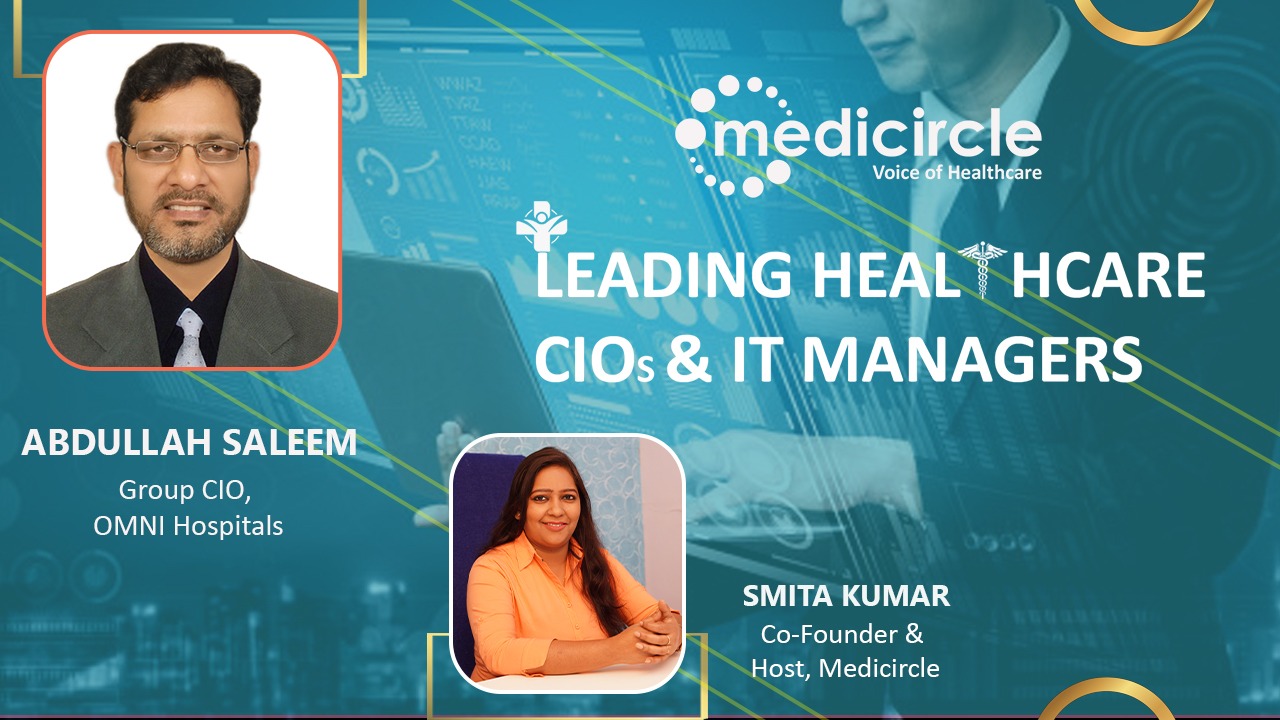
 “Quality healthcare cannot be enabled without adopting the technology,†says Abdullah Saleem, Group CIO of Omni Hospitals.
“Quality healthcare cannot be enabled without adopting the technology,†says Abdullah Saleem, Group CIO of Omni Hospitals.










.jpeg)





.jpg)











